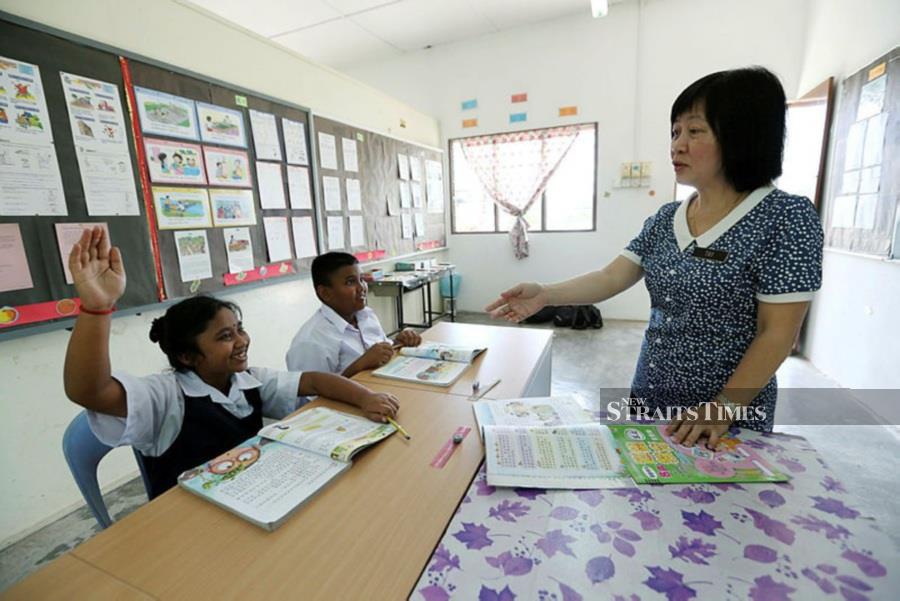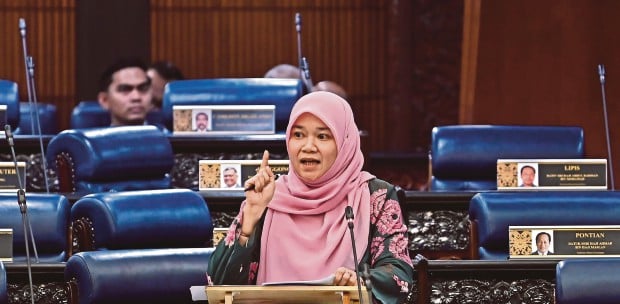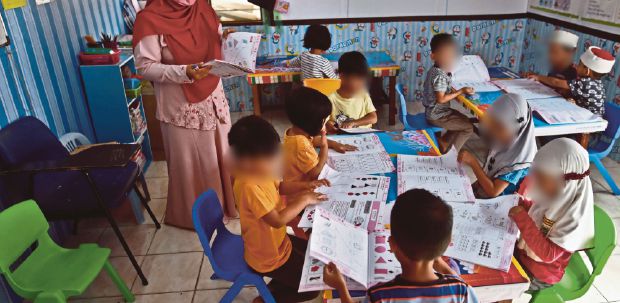WHEN I started my teachers’ training course in the 1980s, we had a subject called Moral Education. The lesson was classroom-based and the lecturers were not Moral Education experts.
We were posted to different parts of Malaysia. As I was trained to teach English in secondary schools and did Moral Education as a minor, I was given both subjects to teach in a secondary school in Pahang.
Teaching English was fine because we were taught how to use the four skills and our creativity. At that time, the approach to teaching English was to divide students into three groups (beginners, intermediate and advanced) for every lesson.
However, teaching Moral Education has always been “trial and error” for secondary and primary school teachers, then and now. Then, hardly anyone was trained to teach Moral Education in a multicultural classroom. Now, most teachers are not trained by professionals to teach the subject.
I would like to bring to attention one of the documents sent by the Education Ministry in the 1980s, which stated that all teachers in primary and secondary schools were moral education and discipline teachers.
It basically means every teacher in school helps to develop students to be holistic individuals. It does not mean that every teacher in school is able to teach the Moral Education subject.
What is the difference between moral education and Moral Education?
Moral education is supposed to be taught by all teachers. It comprises the basic knowledge of knowing good, feeling good and doing good.
When teachers understand their role and responsibility as holistic educators, they will become effective moral education agents. They guide students in academic and character building. They advise students who commit mistakes.
Moral Education, on the other hand, is a content-based subject. One should be trained to teach the subject.
Based on my experience, in order to teach Moral Education, I was exposed to the philosophy of ethics and virtues, psychology of moral development, moral and religion, approaches to moral education, Moral Education Project, Assessment in Moral Education, Curriculum for Moral Education and Micro Teaching in Moral Education.
In my fourth year, I did practical in a school where I taught the formal Moral Education subject.
Between 2013 and 2016, I conducted a research on Moral Education educators in schools and found that 50 per cent of the teachers who taught the subject in primary and secondary schools did not have any formal qualifications. Most of them were told to teach the subject only because they had free slots in their time table.
Until today, teachers’ training colleges do not offer Moral Education as a core or major teaching subject.
How do we expect teachers to specialise in teaching Moral Education if they are not equipped with the technology, pedagogy, knowledge and skills?
In order to teach in secondary schools, teachers are trained to be Moral Education teachers either majoring or minoring in Moral Education. Unfortunately, many of my students who are trained to teach English as a major subject and Moral Education as a minor subject are not given the opportunity to teach Moral Education.
Instead, they are given a full time table to teach English, and Moral Education is taught by teachers who did not major in Moral Education.
So, who is qualified to teach Moral Education? What is the difference between moral education and Moral Education?
DR VISHALACHE BALAKRISHNAN
Director, Centre for Research in International and Comparative Education, Universiti Malaya, Kuala Lumpur





